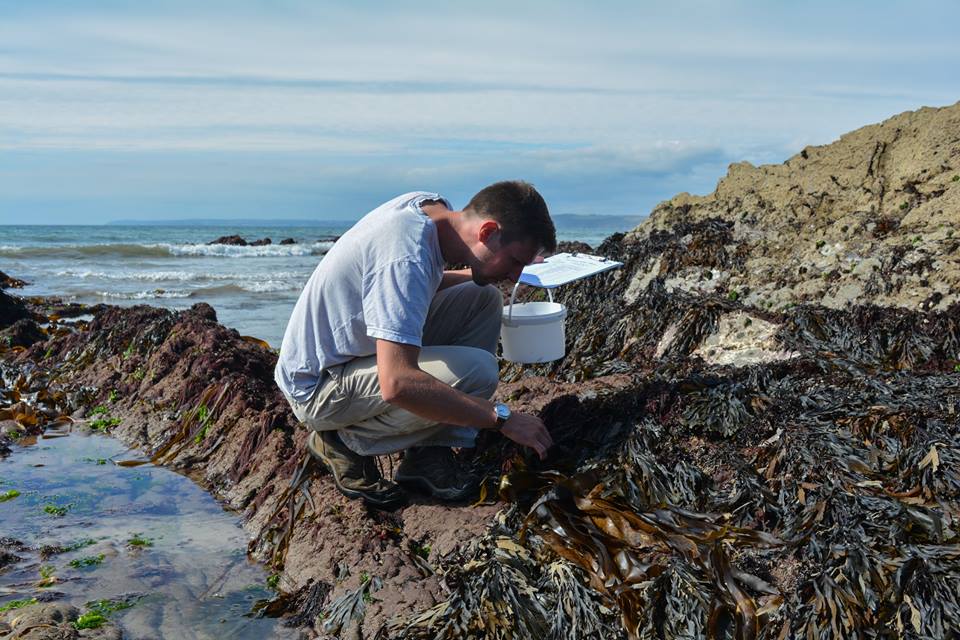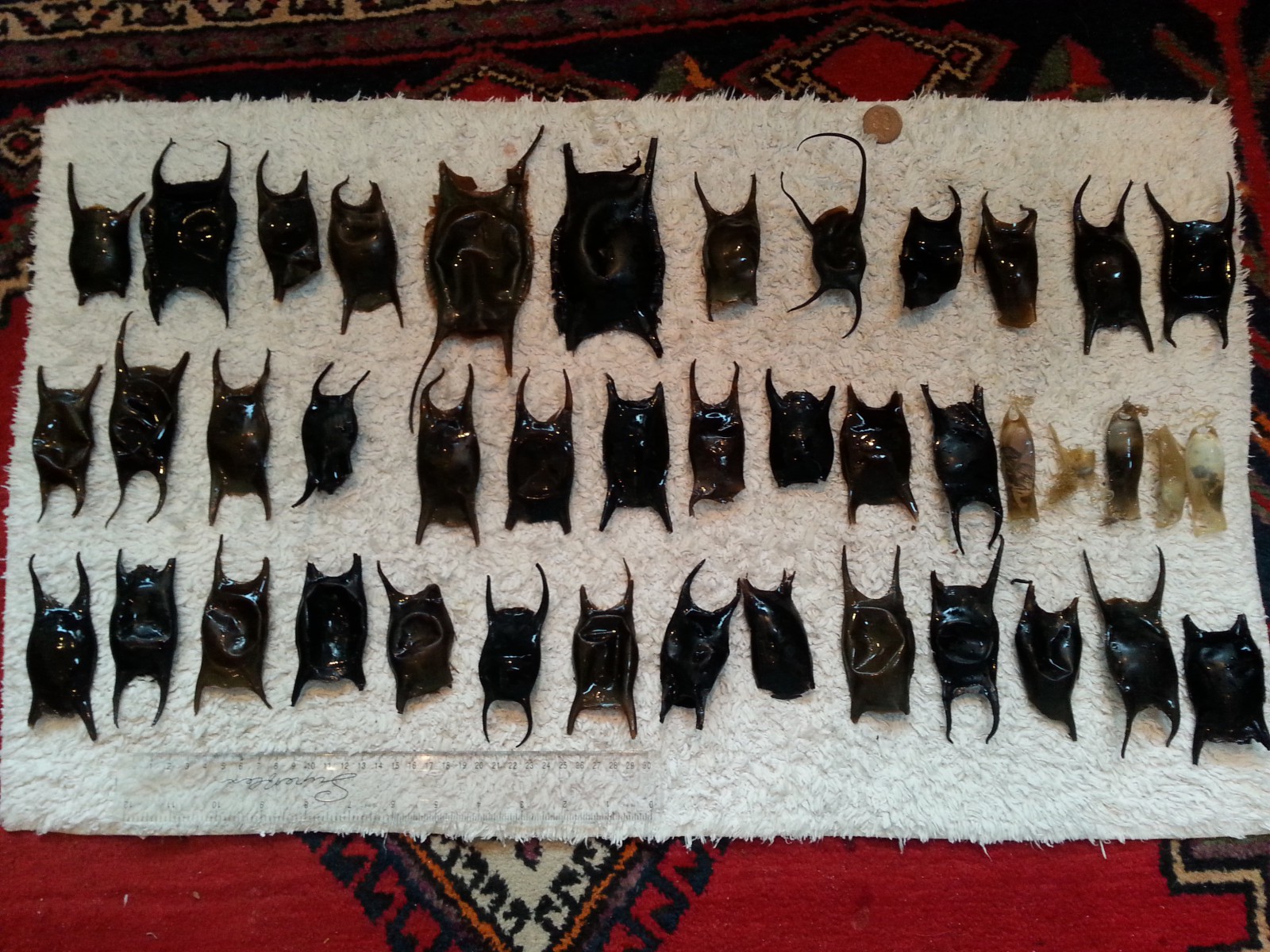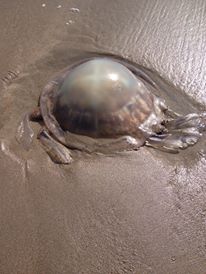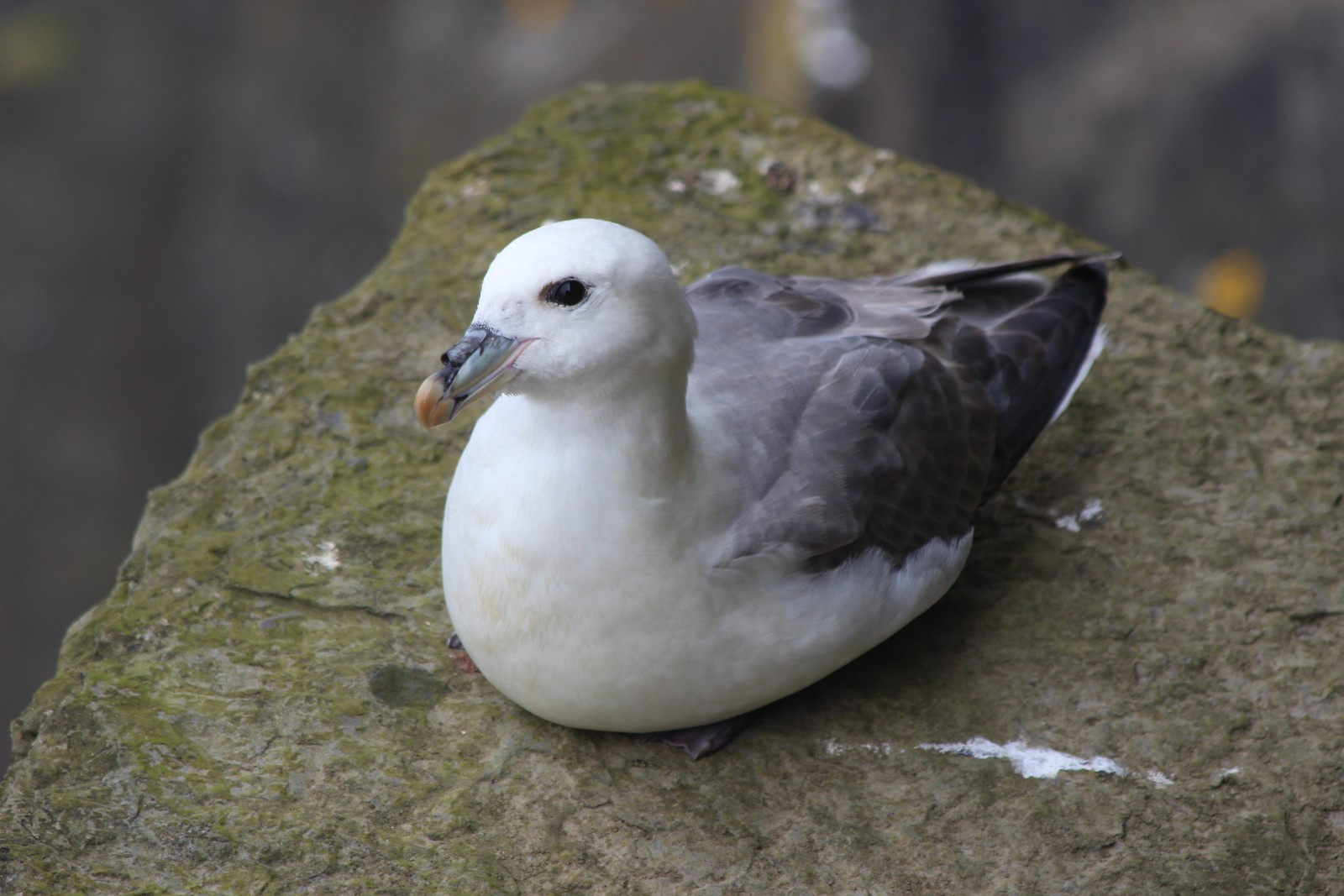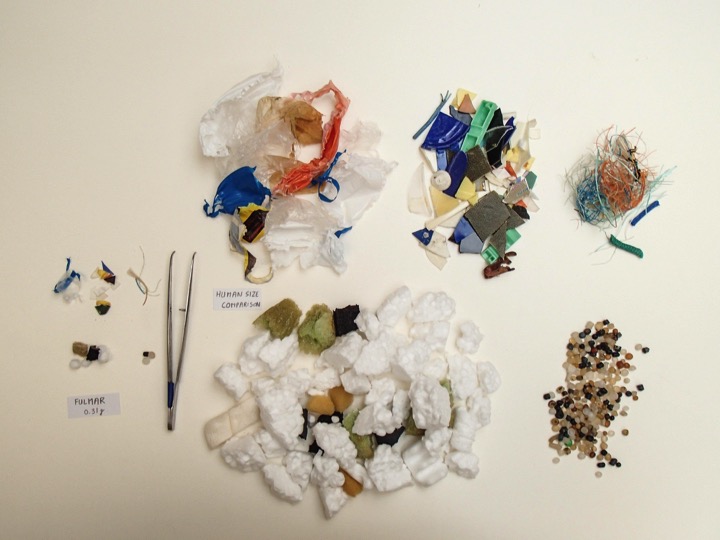Science is increasingly making use of valuable data collected by members of the public. Dog walkers, beach combers and beach lovers spend thousands of hours each year out along the coast, and can supply extremely useful information to help monitor the status of wildlife in our region. The advent of smart phones means that photographs of finds can now also be sent to the relevant bodies for identification and analysis.
The Cornwall Wildlife Trust is the central data holder for Cornwall, and it would like to hear about all marine animal strandings – not just mammals. All information is useful, even if what you have found is 'only' a seabird or a jellyfish. Remember that if you find a dead marine mammal or a live stranded one please call the CWT Marine Strandings Hotline straight away with details on 0345 201 2626.
Visit the Cornwall Wildlife Trust Marine Strandings website for more information and updates on strandings and post mortems.
Other recording schemes
Please always report finds to the Cornwall Wildlife Trust, who will alert other specialists if necessary and add your record to its own databases.
However, you can also help other targeted recording schemes by supplying useful information on the following specific species:
Basking sharks
Please contact Dr Matthew Witt at the University of Exeter if you spot a basking shark so it can be recorded and if possible tagged (painless to the shark) so it can be tracked, shedding greater light on the lives of these creatures and how best to protect them. Call 07935 098122.
Marine turtles, basking sharks, alien species and jellyfish
Record details on the Marine Conservation Society wildlife recording site.
Shark and ray egg cases
At least 16 species of sharks and rays have been recorded in UK waters, and information about finds of their egg cases (‘mermaids’ purses’) can be very helpful in gauging how well they are doing. The Shark Trust has a great online egg case ID tool, and information on how to record your finds.
Fulmars
Every dead northern fulmar from the English Channel area is now found to have plastic in its gut. Related to albatrosses, fulmars feed in a similar way, skimming fish and natural debris (and sadly now too often plastic) from the ocean surface.
Fulmars look superficially similar to gulls, but fly in a stiff-winged way, and have a distinctive ‘tube’ structure on the top of their beak.
If you find a dead fulmar, it could be of great use to science if autopsied for essential further research into the impact of plastic ingestion. If possible, please pick it up in a plastic bag. Make sure you only touch the bird with the bag, not with your hands, and if possible use gloves and/ or antibacterial hand gel. Contact Alice Trevail at the South West Fulmar Project as soon as possible on southwestfulmars@gmail.com or 07745 177661 so the specimen can be collected.
Beached seabirds
The RSPB runs an annual beached seabird survey each spring, collating much-needed information on trends in seabird mortality. For more information go to: www.rspb.org.uk
Stranded fish
A fish skull or a dried up fish in the strandline can add a useful link in our understanding of fish distributions, their changes and man’s interactions with them. If you find a stranded fish, please take a photograph and email Doug Herdson to request a recording form on: douglas.herdson@btinternet.com
Ghost nets
Ghost fishing gear (deliberately abandoned or accidentally lost) poses a significant risk to marine wildlife in Cornwall, where over 250 live seals have been observed with netting, rope or other synthetic/ plastic materials entangled around their necks.
Now the Cornwall Seal Group is working with World Animal Protection to log and map the distribution of ghost net when it is found. This information will hopefully be used to help shape policy that will lead to stronger protection for marine wildlife.
If you find any ghost gear – anything with a loop that could potentially cause an entanglement hazard – please photograph it (and remove it from the beach if possible).
Send your photograph, along with the location of the find and description of its size to: sue@cornwallsealgroup.co.uk
Capturing our Coast
We regularly team up with the team from Capturing our Coast at our quarterly marine litter surveys at Polhawn. The Co-Coast programme involves regular timed surveys of a range of marine organisms. If you're interested in taking part, check out our events page or Facebook page, or email info@ramepbc.org for more details.
Remember – if you find anything that’s particularly interesting around the Rame Peninsula, either plastic or organic, please contact us. We’d love to share your find and help you find out more about it!

